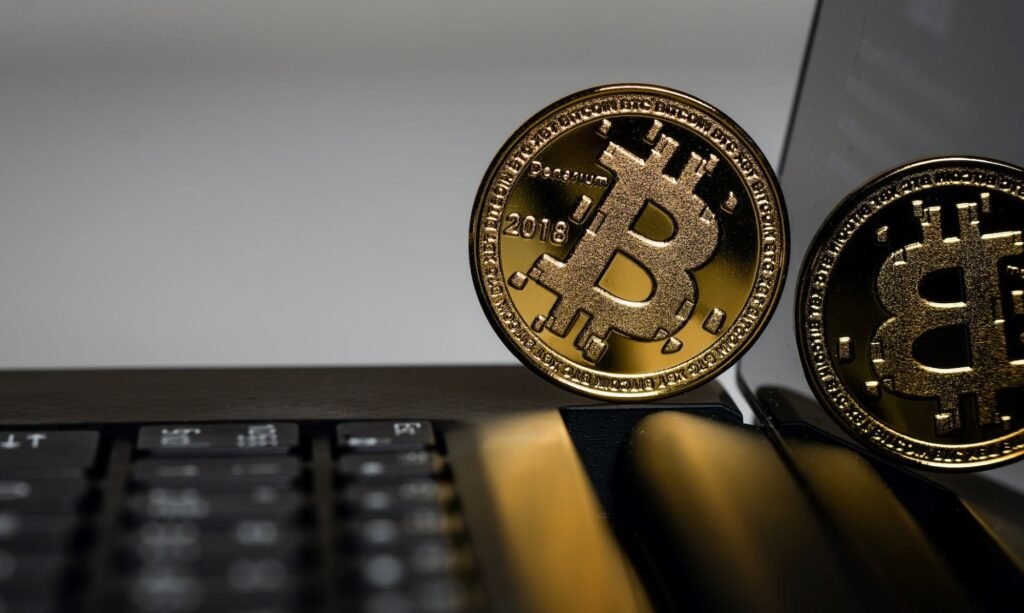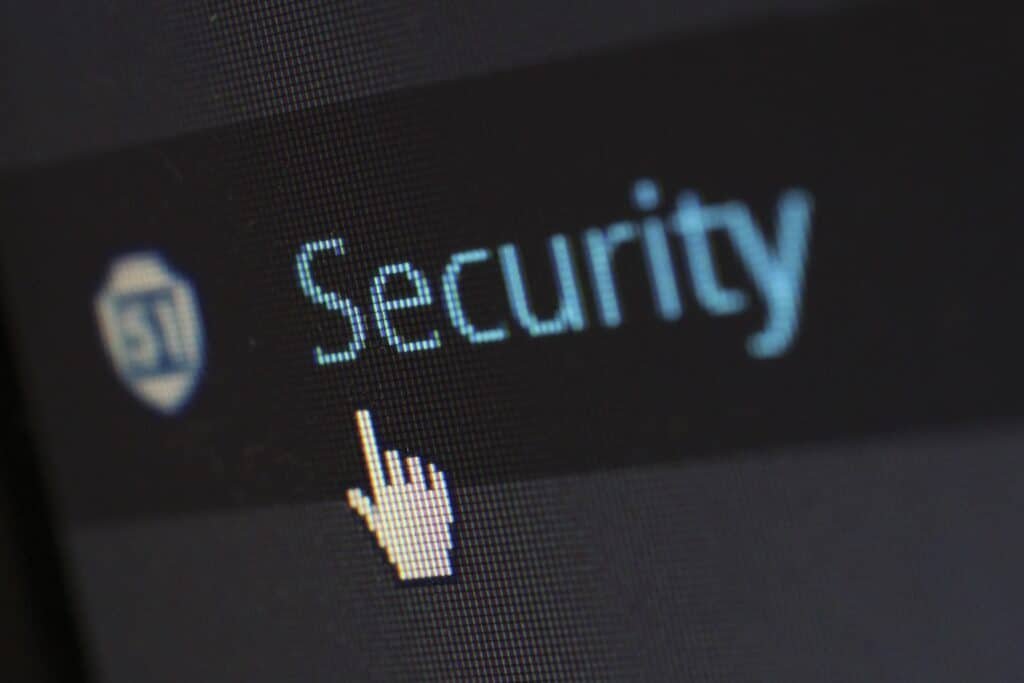
Money has gone through many different forms over the years, ranging from gold and silver coins to paper money, to proof of credit, to the BitCoinTrader system in modern times. In fact, of all the revolutions currency has gone through, the one brought about by Bitcoin in 2009 has arguably proven to be the greatest by far. With bitcoin, there is no need for backing from any government or bank for the currency to operate. Instead, the currency is governed entirely by a system of logic written in computer code. As more people have had their hearts won over by Bitcoin, its use and value have increased. It now has a market capitalization in the hundreds of billions of dollars and hundreds of thousands of transactions in bitcoins that occur every day. While that has increased its utility, it has also increased cases of theft. So, how do you keep your bitcoins secure in a world without any government regulation?
Keep Your Bitcoins Offline
This mode of securing bitcoins is known as cold storage. A cold storage wallet isn’t connected to the internet. Because most hacks happen online, that would make your wallet much less susceptible to hacking.
You might find it inconvenient to have to access your offline wallet every time you need some Bitcoin. It would, therefore, be prudent to keep a small number of bitcoins in an online wallet for your day-to-day needs.
Cold storage puts your private keys offline, which decreases the chances of someone stealing them. This practice isn’t just popular with private individuals but also with large exchanges that handle vast amounts of cryptocurrencies on a daily basis and are under threat from hackers constantly. The most popular cold storage methods are sound wallets, paper wallets, hardware wallets and external storage devices like flash drives.
Back-Up Your Bitcoins
You could also back up your entire Bitcoin wallet. Do this as early as you can and as often as you can. If you experience a computer failure, having regular backups could ensure you get back your bitcoins. Make sure you back up all the wallet.dat files and store multiple copies in secure locations such as CDs, hard drives and USBs. Additionally, have strong passwords on the backups.
Software Updates

Always keep your software up to date. Running your wallet on Bitcoin software that hasn’t been updated makes you a prime target for hackers. The latest version of bitcoin software will always be the most secure, so you can feel safer with it. Consistently update the operating systems on your mobile devices and operating systems as well to ensure you don’t have vulnerabilities away from the Bitcoin software itself.
Encrypt Your Data
This adds an extra layer of security to your files and can only be unlocked by someone who has the right decryption keys. To encrypt is to use a password to access your bitcoin wallet. It’s even more important when your bitcoins sit in a mobile, desktop, or hardware wallet. The password should be strong, containing, uppercase and lowercase letters, numbers and special characters. You can then either memorize it or make copies and keep them in secure locations.
